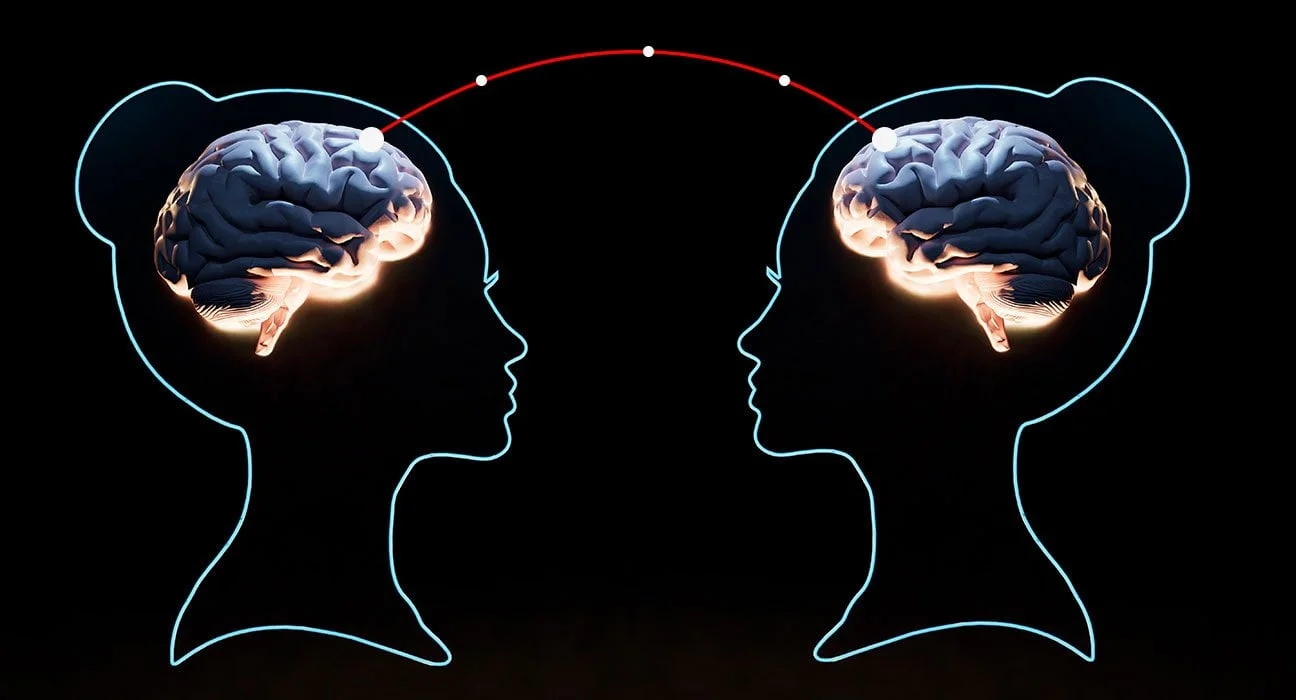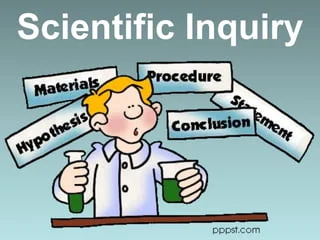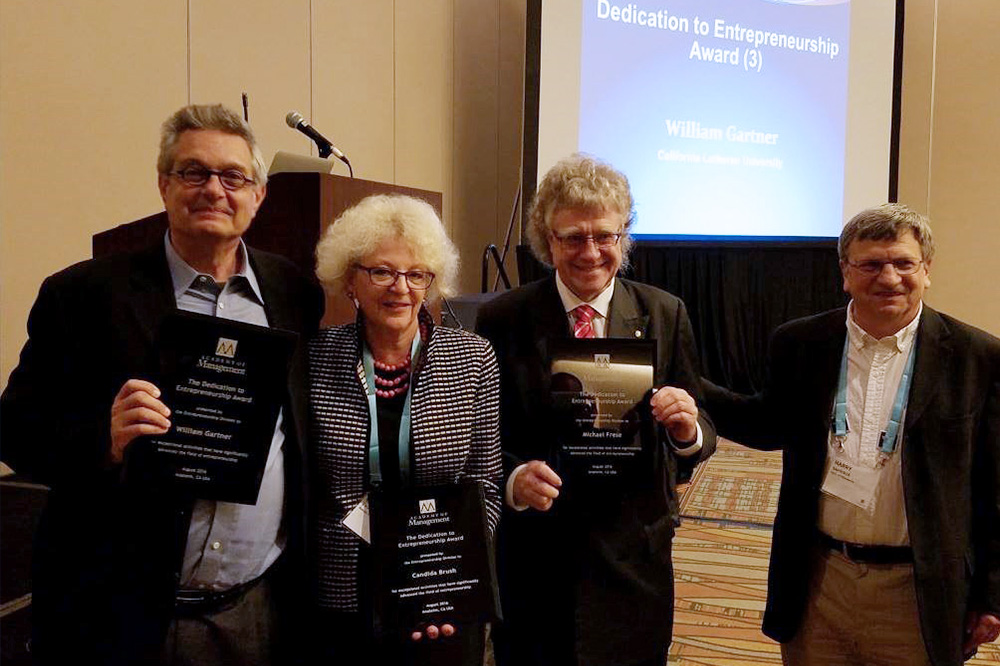Contents
Introduction
James Alcock is a renowned Canadian psychologist and professor known for his work in the fields of parapsychology, skepticism, and the psychology of belief. Alcock has dedicated his career to exploring the nature of belief, the psychology behind paranormal phenomena, and the importance of scientific skepticism. His research has provided valuable insights into how people form and maintain beliefs, particularly in the context of extraordinary claims. Alcock’s contributions have had a significant impact on psychology, education, and the public understanding of science.

In this article, we will delve into James Alcock’s contributions to parapsychology, skepticism, and the psychology of belief, examining his insights into the nature of belief, paranormal phenomena, and the role of scientific skepticism.
Early Life and Education
James Everet Alcock was born on April 28, 1942, in McAdam, New Brunswick, Canada. Growing up in a small town, Alcock developed a keen interest in science and nature, spending much of his childhood exploring the outdoors and conducting his own experiments. His curiosity about the world around him and his desire to understand how things work were evident from an early age. Alcock’s interest in psychology began during his undergraduate studies, where he was fascinated by the workings of the human mind and the processes that shape beliefs and perceptions.
Image Source: skepticalinquirer.org

Educational Journey
| Aspect | Details |
| Early Education | Alcock attended local schools in New Brunswick, where he developed a strong foundation in science and critical thinking. |
| Dalhousie University | Alcock earned his Bachelor of Arts degree in Psychology in 1964. |
| McGill University | Alcock pursued his Ph.D. in Psychology, focusing on the cognitive processes involved in belief formation and skepticism. |
| Academic Career | After completing his doctorate, Alcock held academic positions at various institutions, including York University, where he has been a professor for many years. |
Timeline of Early Influences
| Aspect | Details |
| Martin Gardner | Gardner’s work on scientific skepticism and debunking pseudoscience significantly influenced Alcock’s approach to paranormal claims. |
| Carl Sagan | Sagan’s emphasis on the importance of scientific inquiry and skepticism shaped Alcock’s views on the need for critical thinking. |
| Ray Hyman | Hyman’s research on the psychology of deception and the evaluation of paranormal claims influenced Alcock’s work in parapsychology and skepticism. |
| Susan Blackmore | Blackmore’s studies on consciousness and the paranormal provided a foundation for Alcock’s investigations into the psychology of belief. |
Major Theories and Works

Parapsychology and Skepticism
James Alcock is renowned for his critical examination of paranormal phenomena through the lens of skepticism and scientific inquiry. His work challenges the credibility of claims often attributed to supernatural forces. Here are some key aspects:
- Skepticism: A central theme in Alcock’s work is skepticism. He argues that many paranormal claims can be explained by cognitive biases, methodological flaws, or misinterpretations of data.
- Parapsychology: Alcock’s research focuses on studying paranormal phenomena like telepathy, clairvoyance, and psychokinesis. He aims to understand these phenomena within a scientific framework, seeking natural explanations rather than supernatural ones.
- Scientific Methodology: Alcock employs rigorous scientific methods to scrutinize paranormal claims. This includes controlled experiments, statistical analysis, and replication studies to ensure that findings are reliable and valid.
Image Source: psychologs.com

Paranormal and the Politics of Truth
Paranormal and the Politics of Truth by James Alcock explores the interplay between paranormal beliefs and political influences. Here are the main themes: (Alcock, 1999). Key themes include:
- Cultural Influence: This theme investigates how cultural and political contexts shape and support paranormal beliefs.
- Skepticism vs. Belief: Analyzes the role of skepticism in questioning paranormal claims and how political agendas influence the acceptance or rejection of these claims.
- Manipulation of Truth: Examines how political and cultural forces manipulate the notion of truth to either endorse or discredit paranormal phenomena.
Image Source: (Rachel Adams/Flickr/CC BY-ND-2.0)

Scientific Inquiry
lcock emphasizes the importance of applying rigorous scientific Inquiry and James Alcock, a notable figure in the study of skepticism and paranormal claims, is recognized for his contributions to the understanding of scientific inquiry. Here are some of his major theories:
- Belief Formation: He investigates how psychological factors and social influences shape belief systems, particularly focusing on the acceptance and maintenance of paranormal beliefs.
- Paranormal Skepticism: Alcock advocates for a critical approach to paranormal claims, arguing that many such phenomena can be explained through cognitive biases and rigorous scientific examination.
- Scientific Methodology: Alcock emphasizes the importance of applying strict scientific methods to evaluate paranormal claims, challenging unsubstantiated beliefs with empirical evidence.
Image Source: (slideshare.net

Psychologists Influenced by Alcock
- Richard Wiseman – Wiseman’s work on paranormal phenomena and skepticism has been influenced by Alcock’s research on cognitive biases and belief formation (Wiseman, 2011).
- Susan Blackmore – Blackmore’s studies on consciousness and the paranormal have drawn from Alcock’s contributions to the psychology of belief (Blackmore, 2001).
- Ray Hyman – Hyman’s research on the psychology of deception and the evaluation of paranormal claims has been shaped by Alcock’s work in parapsychology and skepticism (Hyman, 1989).
- Elizabeth Loftus – Loftus’s research on memory and false memories has been informed by Alcock’s findings on memory distortions and suggestibility (Loftus, 1993).
- Christopher French – French’s work on anomalistic psychology and the psychology of belief has been influenced by Alcock’s research on cognitive biases and skepticism (French, 2010).
Impact on Psychology
Influence on Modern Thought
James Alcock’s ideas have had a profound impact on various fields within psychology, including cognitive psychology, parapsychology, and the psychology of belief. His research on the cognitive mechanisms underlying paranormal beliefs, memory distortions, and cognitive biases has transformed our understanding of how people form and maintain beliefs. Alcock’s work has also influenced research methodologies, promoting the use of rigorous scientific methods to investigate extraordinary claims.
Contributions to Related Fields
Alcock’s interdisciplinary approach has extended his influence to areas such as education, legal psychology, and public policy. His insights into memory distortions and false memories have informed practices in legal settings, particularly in the evaluation of eyewitness testimony and the prevention of wrongful convictions. In education, Alcock’s emphasis on critical thinking and skepticism has contributed to the development of curricula that encourage scientific literacy and analytical skills. His public engagement efforts have also influenced public policy discussions on the regulation of pseudoscientific practices and consumer protection.
Legacy and Influence
- Long-Term Impact: James Alcock’s legacy endures through his lasting contributions to psychology and related fields. His pioneering work in parapsychology, cognitive psychology, and the psychology of belief has laid the foundation for numerous subsequent theories and research. Alcock’s emphasis on scientific inquiry and skepticism continues to influence contemporary research and practice in these fields. His ability to communicate complex scientific ideas to both academic and public audiences has made him a key figure in promoting scientific literacy and critical thinking.
- Recognition and Honors: Alcock has received numerous accolades and recognition for his work. He is a Fellow of the Committee for Skeptical Inquiry (CSI) and has been a significant contributor to its publications and activities. Alcock has also received awards for his contributions to science and skepticism, including the In Praise of Reason Award from the Committee for Skeptical Inquiry. His efforts to promote critical thinking and scientific inquiry have been widely acknowledged and celebrated.
- Criticism and Controversies: While James Alcock has garnered significant recognition for his contributions to psychology, his work has not been without criticism. Some argue that his focus on cognitive biases and errors may overlook the complexity and variability of cultural and social influences on belief formation. Additionally, his skeptical approach to paranormal claims has sometimes been perceived as dismissive of individuals’ subjective experiences and cultural beliefs. Despite these criticisms, Alcock’s rigorous scientific methods and commitment to skepticism continue to inspire debate and further investigation in the fields of psychology and beyond.
Conclusion
James Alcock’s life and work have profoundly shaped the fields of psychology, particularly in the areas of parapsychology, cognitive psychology, and the psychology of belief. His theories on cognitive biases, memory distortions, and paranormal belief formation offer valuable insights into human cognition and behavior. By emphasizing the importance of scientific inquiry and skepticism, Alcock has provided a comprehensive framework for understanding and evaluating extraordinary claims. As his legacy continues to unfold, Alcock’s contributions to psychology and public engagement will likely inspire future generations of researchers, educators, and practitioners.
Bibliography
- [1] Alcock, J. E. (1981). Parapsychology: Science or Magic? Oxford: Pergamon Press.
- [2] Alcock, J. E. (1985). A Skeptic’s Handbook of Parapsychology. New York: Prometheus Books.
- [3] Alcock, J. E. (1999). Paranormal and the Politics of Truth. Amherst, NY: Prometheus Books.
- [4] Alcock, J. E. (2009). Belief: The Psychology of Why We Believe What We Believe. New York: Prometheus Books.
- [5] Alcock, J. E. (2018). Belief: What It Means to Believe and Why Our Convictions Are So Compelling. New York: Prometheus Books.
- [6] Blackmore, S. (2001). Consciousness: An Introduction. New York: Oxford University Press.
- [7] Hyman, R. (1989). The Elusive Quarry: A Scientific Appraisal of Psychical Research. Buffalo, NY: Prometheus Books.
- [8] Loftus, E. F. (1993). The Reality of Repressed Memories. American Psychologist, 48(5), 518-537.
- [9] Wiseman, R. (2011). Paranormality: Why We See What Isn’t There. London: Macmillan.






